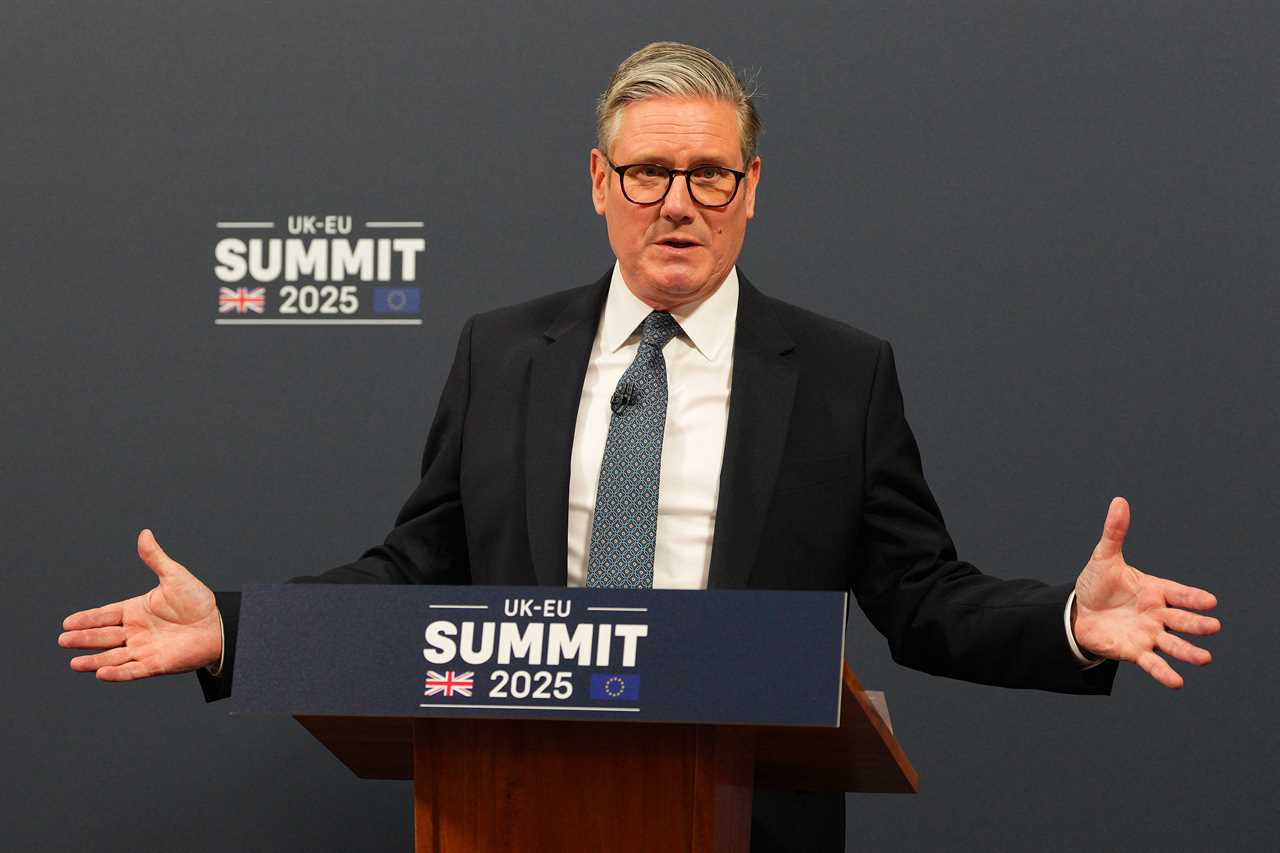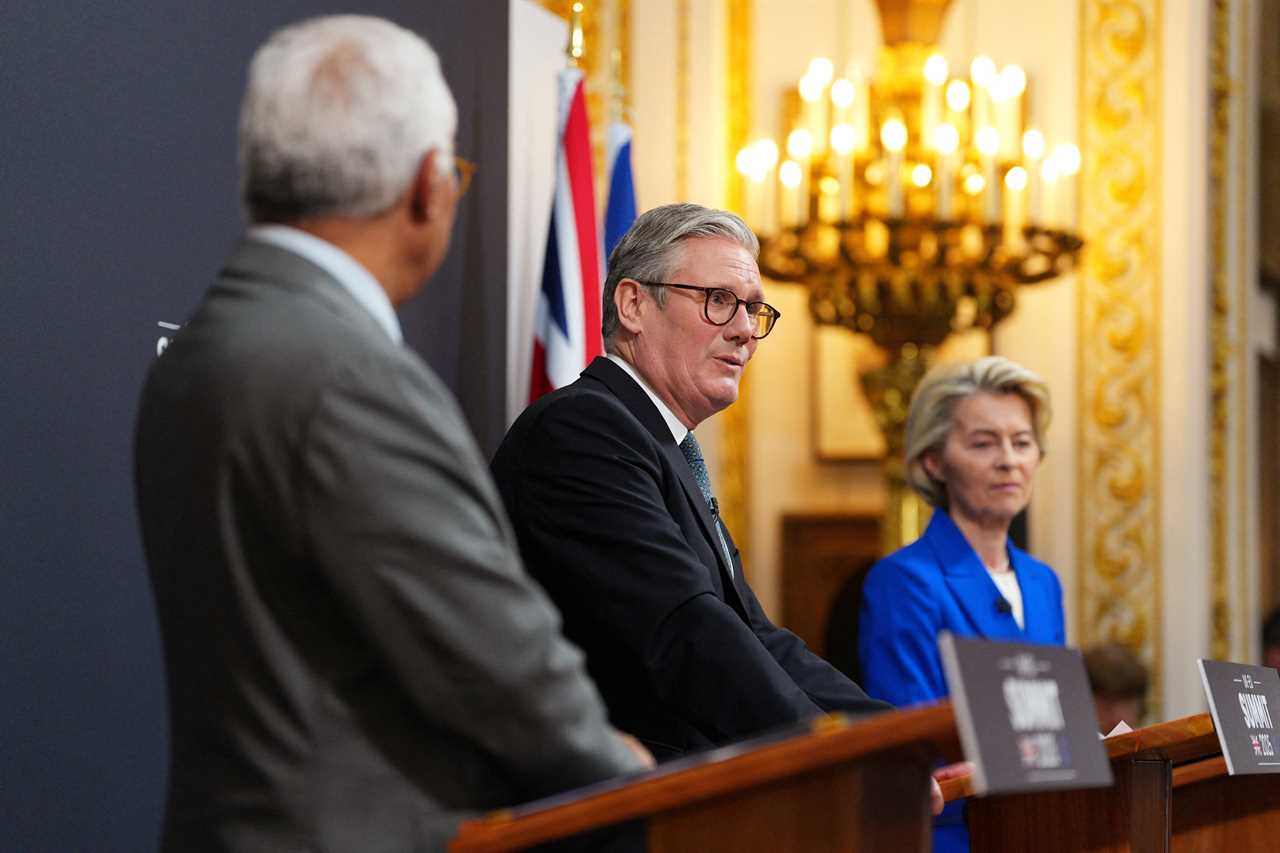
The recent agreement between the UK and the EU under Sir Keir Starmer's guidance has stirred a storm of controversy, drawing attention to the intricate dynamics of post-Brexit relations. The negotiation outcomes have left Britain in a precarious position, raising concerns about sovereignty and market vulnerabilities while attempting to navigate a delicate balance between political ideologies and economic realities.
Revealing Asymmetrical Objectives
Delving into the core of the agreement reveals a stark contrast in the objectives pursued by the UK and the EU. While Brussels sought to maintain access to crucial resources and exert control over trade policies, the UK grappled with preserving its newfound autonomy while addressing lingering challenges, notably at the Irish border. The asymmetry in these objectives has culminated in a deal that appears to favour EU interests, leading to questions about the UK's ability to protect its own.
Complex Trade Dynamics and Regulatory Control
One of the central points of contention lies in the realm of trade dynamics and regulatory standards. The agreement's implications for British farmers, particularly concerning areas like gene editing, underscore the challenges of aligning with EU standards at the expense of potential competitive advantages. The surrender of regulatory control to the EU raises concerns about the future trajectory of British agriculture and trade relationships, highlighting the intricate web of dependencies at play.
Negotiation Tactics and Concessions
Examining the negotiation process unveils a landscape of strategic concessions and compromises. The UK's concessions, including the acceptance of EU demands on free movement and regulatory alignment, point to a broader narrative of acquiescence in the face of complex power dynamics. The trade-off between securing minor victories, such as access to EU passport e-gates, and making substantial sacrifices underscores the nuanced interplay of interests at the negotiating table.

Labour's Role and National Implications
Labour's stance throughout the negotiations raises questions about the party's alignment with broader national interests. The perceived trade-offs made in the name of facilitating exports and youth programmes highlight the challenges of balancing political ideals with pragmatic considerations. As the repercussions of the deal unfold, the impact on various sectors of British society and the economy remains a focal point of scrutiny and debate.
In conclusion, the intricacies of the recent Brexit agreement under Sir Keir Starmer's leadership underscore the multifaceted nature of international relations and the complexities of post-Brexit Britain's positioning. As the country navigates the aftermath of a historic decision, the path forward is fraught with challenges and uncertainties, requiring a delicate balance between national sovereignty and international cooperation.






